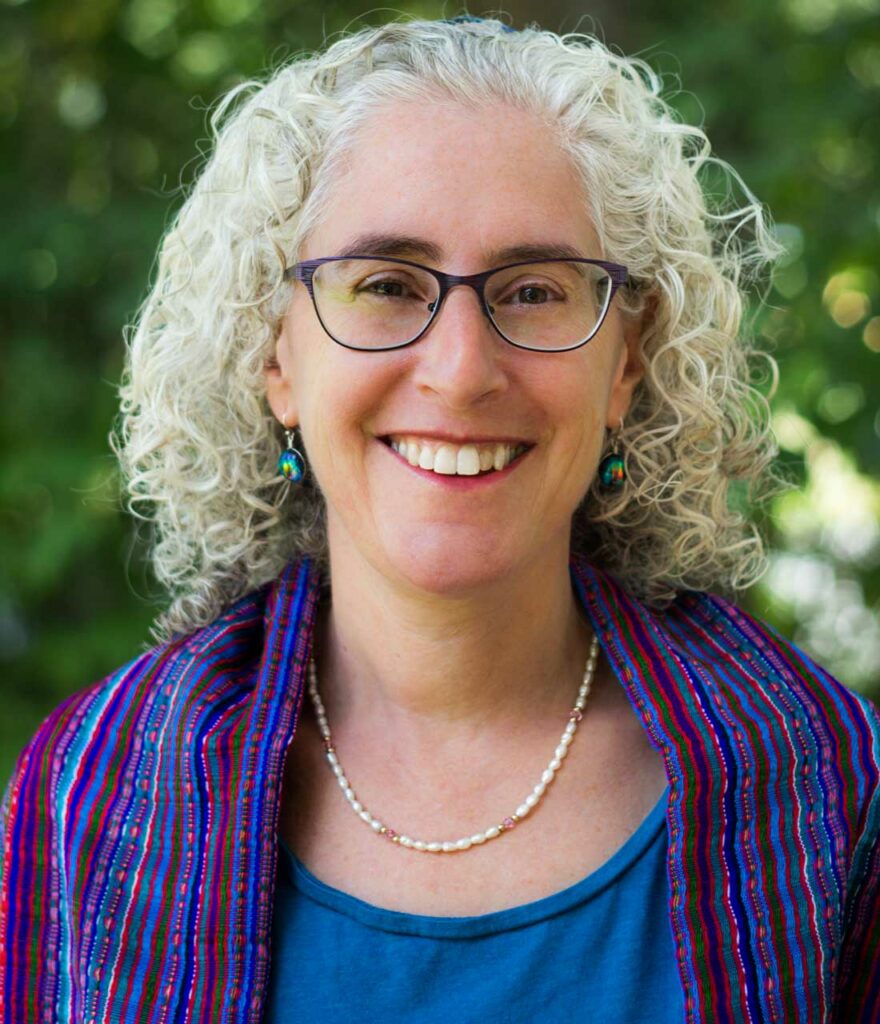As we approach the darkest time of the year, Jews prepare to celebrate Hanukkah, the Festival of Lights. The ancient story took place in the 2nd century BCE during the reign of Syrian-Greek King Antiochus IV. He imposed harsh decrees upon the Jews forbidding them from freely practicing their religion. At one point their temple was defiled. During this time a small group, called the Macabees, fought for the freedom to worship freely.

One of the well-known stories of the holiday is the miracle of the light, the story of how one small jar of pure olive oil for a lamp remained to sanctify the Temple. It had only enough to last for one night. Somehow, though, it lasted for eight nights.
In the present day, for each of the eight nights of Hanukkah, a candle is added to the Hanukkiah (also informally called a Menorah) until the eight night when all the lights are lit (including the ninth which is used to light each). Jewish tradition is to share the miracle by putting the lights in a window for all to see.
As we approach Hanukkah this year, it is a particularly dark time for Jews. Antisemitism continues to rise and Jews are being targeted everywhere: on the streets, college campuses, synagogues, in restaurants, train stations, schools, work and more.
The root of the Hebrew word, Hanukkah, is “hinuch” which means education. As the saying goes, if we don’t learn from history, we are doomed to repeat it. Now is a time for all of us to learn, not only Jews.
The darkness of antisemitism is ancient yet remains relevant today. The recent increase of antisemitic statements from politicians, celebrities and even people we may personally know, continues to increase.
During the season of Hanukkah, I enjoy many traditional ways of celebrating and recognizing the season: lighting candles, celebrating the ancient Macabees’ victory of the few over the mighty, giving donations (tzedakah) to those in need and celebrating with family and friends. Playing dreidel (spinning tops) and eating chocolate gelt. Meals often include potato pancakes and jelly donuts and gathering to prepare these traditional foods (fried in oil to remember the miracle of the oil).
This Hanukkah, in addition to these traditions, we realize that in celebrating the miracle of the light, we must shine the light of awareness on antisemitism in our society and strive for understanding of one another.
The text of this Hanukkah song, “Banu Chosech–Drive Away Darkness” (words by Sarah Levy-Tanai; Melody by Emanuel Amiran) resonates deeply:
We came to drive away the darkness, in our hands is light and fire;
Everyone’s a small light, and all of us are a firm light;
Fight darkness, further blackness! Fight because of the light!
Here are a few resources on fighting antisemitism: A call to action against Antisemitsim from the American Jewish Committee (https://www.ajc.org/call-to-action/report); Fight antisemitism from the Anti Defamation League (https://www.adl.org/what-we-do/fight-antisemitism); Non-Jews must counter anti-Semitism (https://tinyurl.com/26x3xym7) by Jacqui Lewis and Josh Stanton, NY Daily News.
Hanukkah begins on the Hebrew date, 25 Kislev, which is Dec. 18 this year. Join us in banishing the darkness and spreading the light.
Rabbi Faith Joy Dantowitz is the rabbi of Congregation Emeth. Located in Morgan Hill and serving all of South County, Congregation Emeth was founded 45 years ago and is the oldest Jewish community in South County. Rabbi Dantowitz can be contacted at ra***@***th.net.















